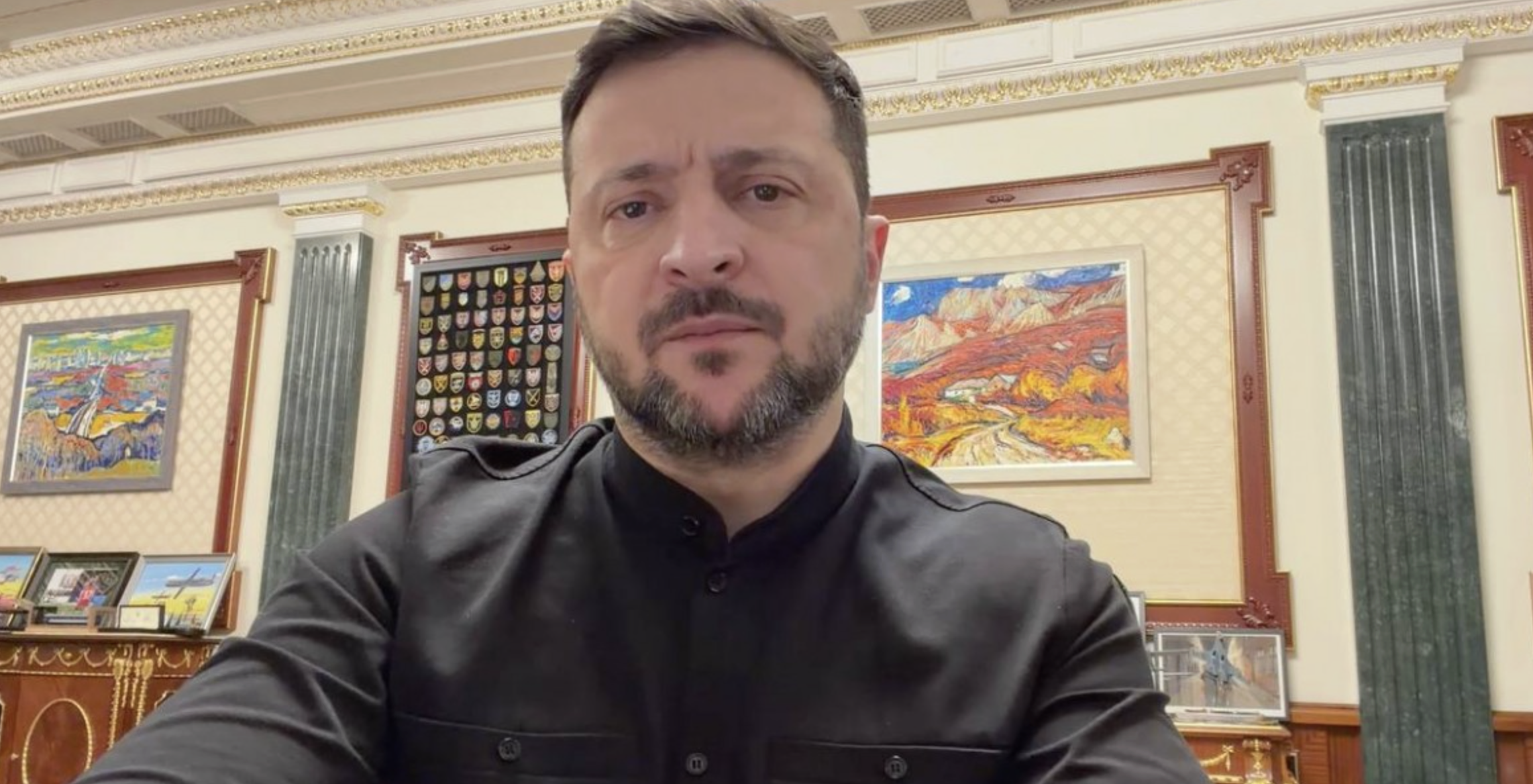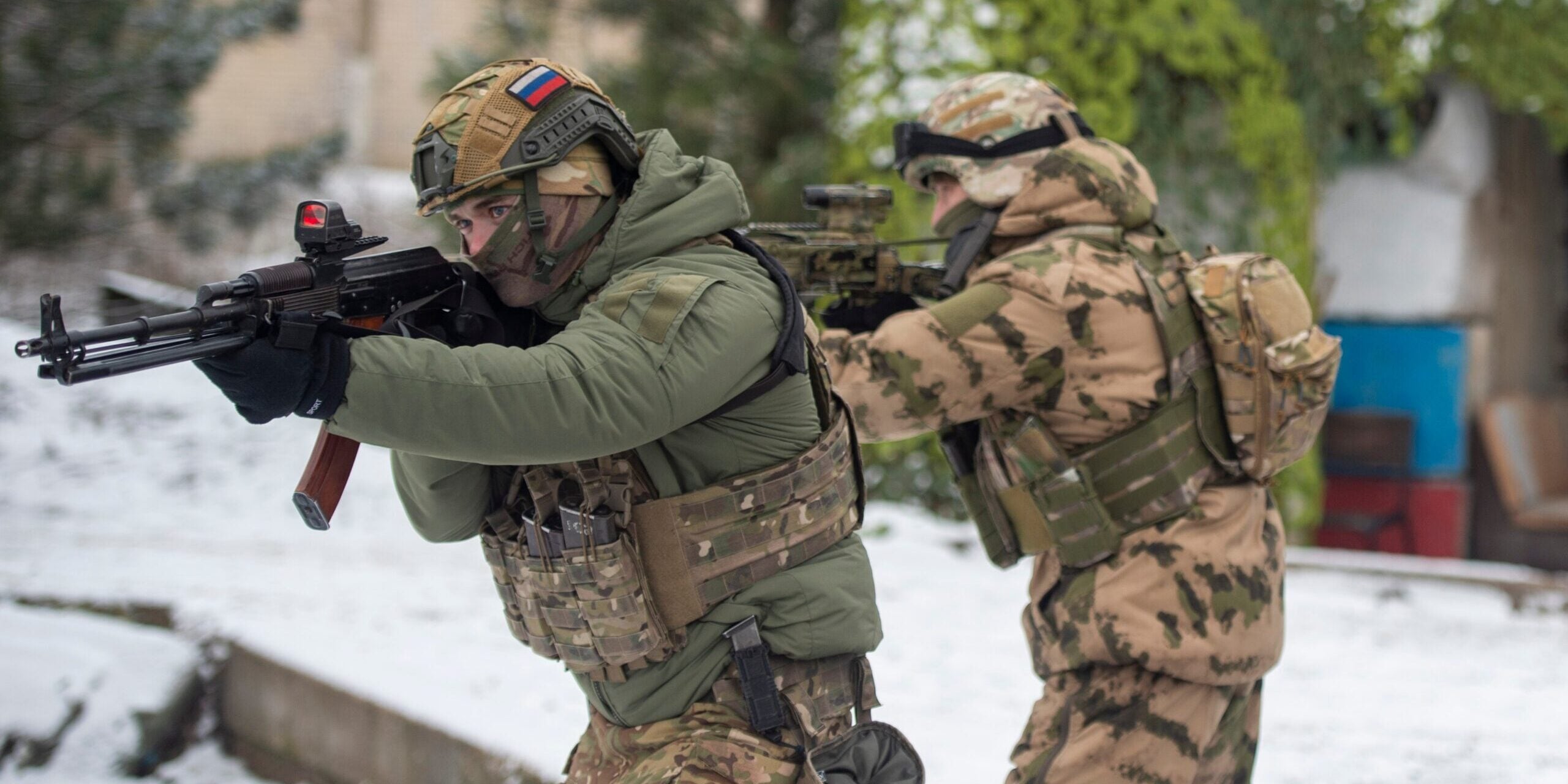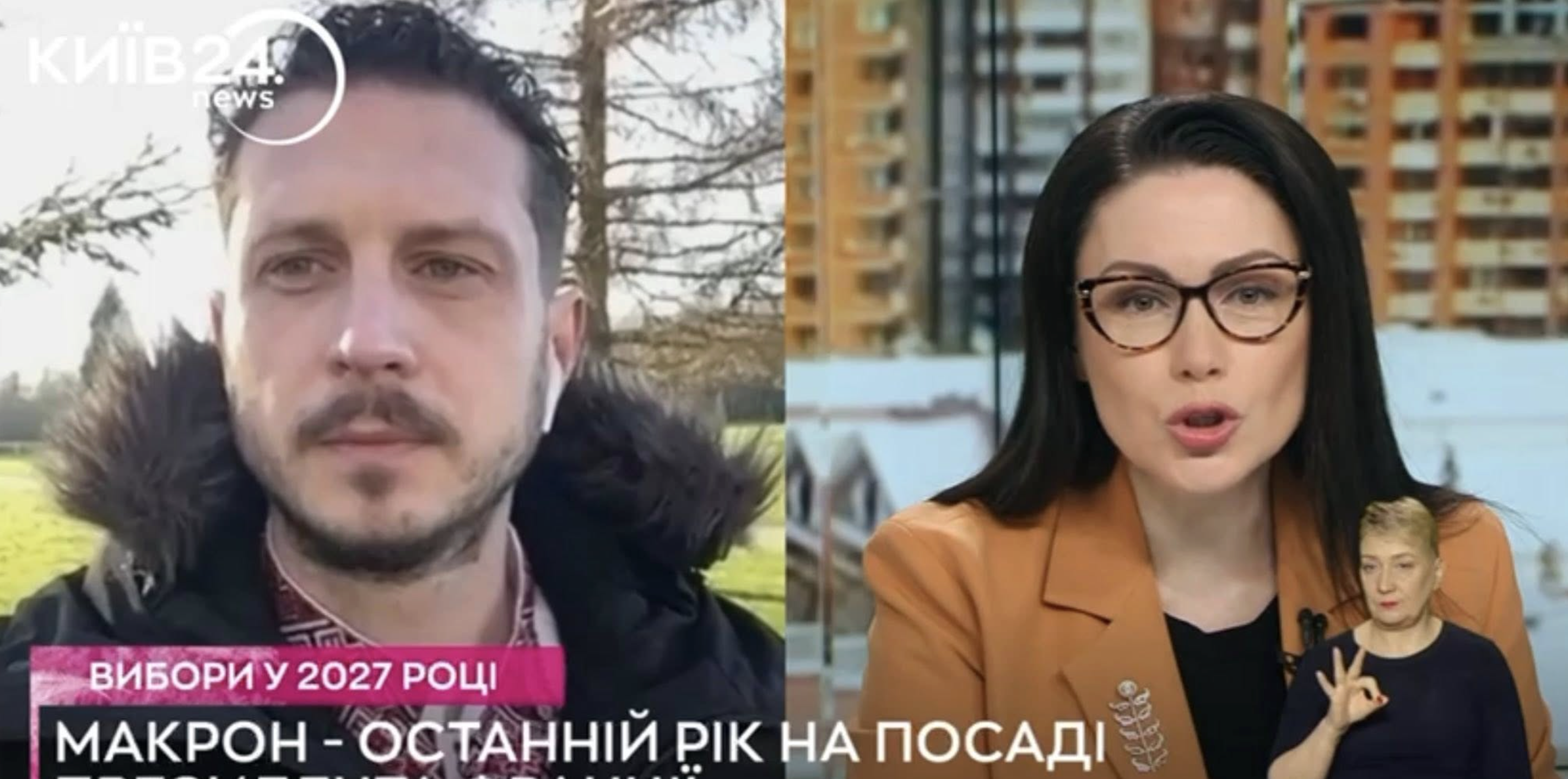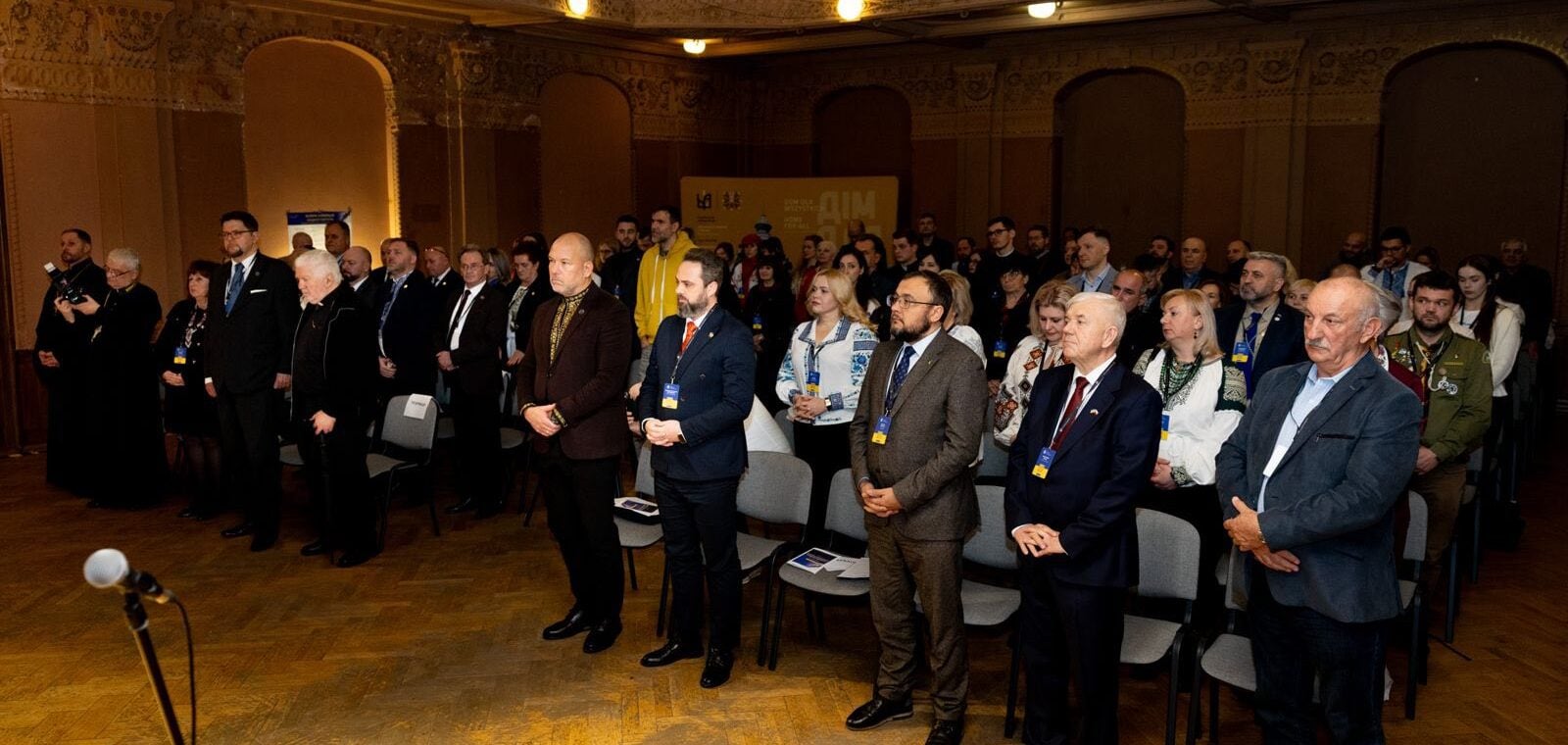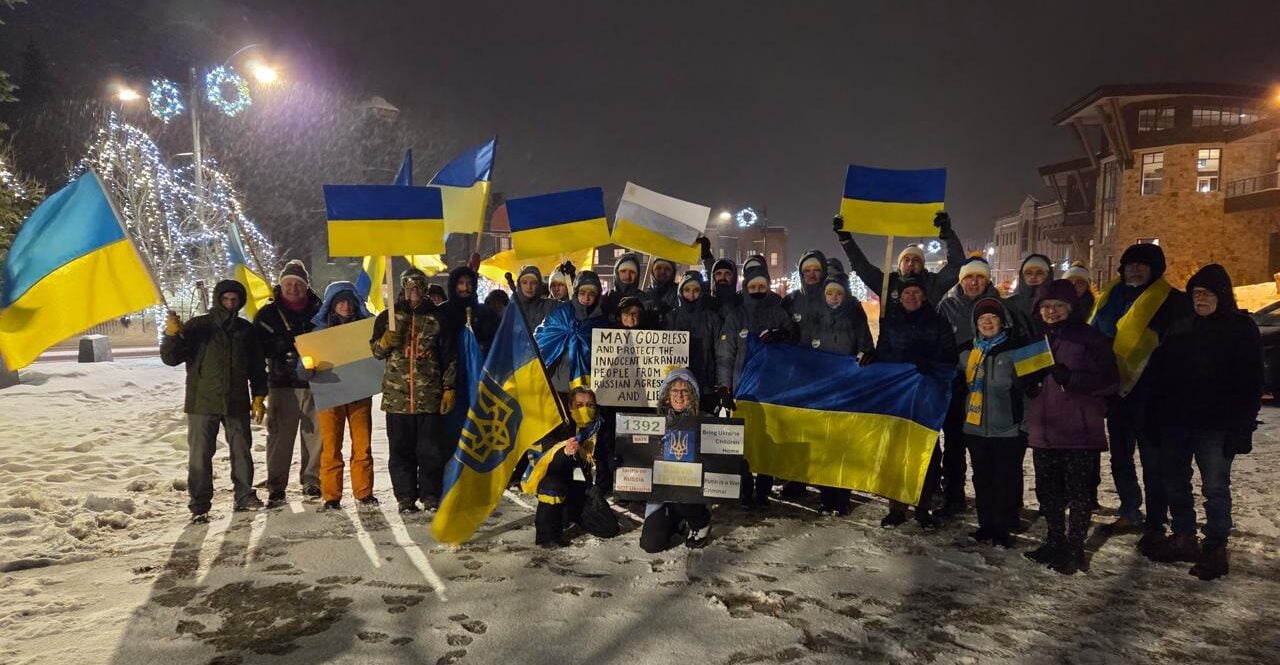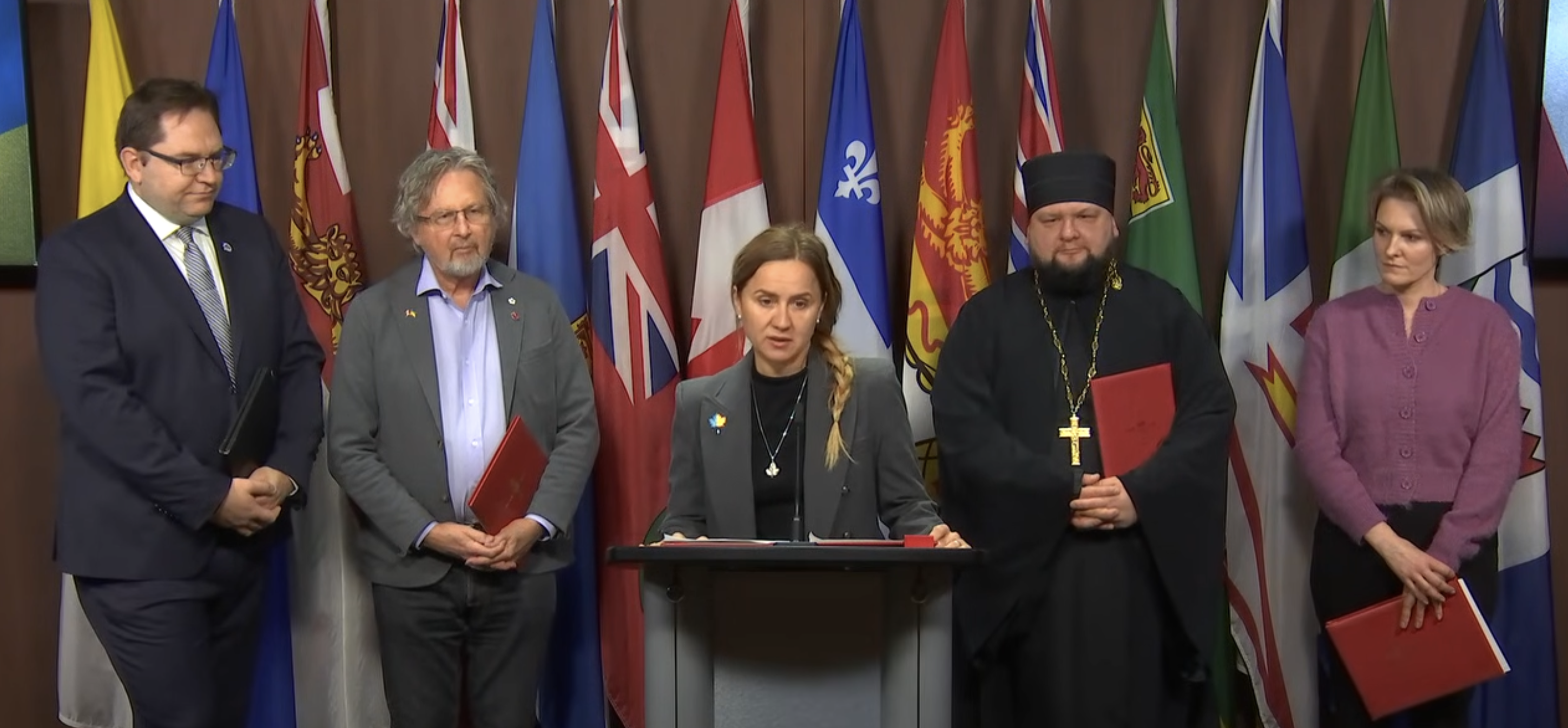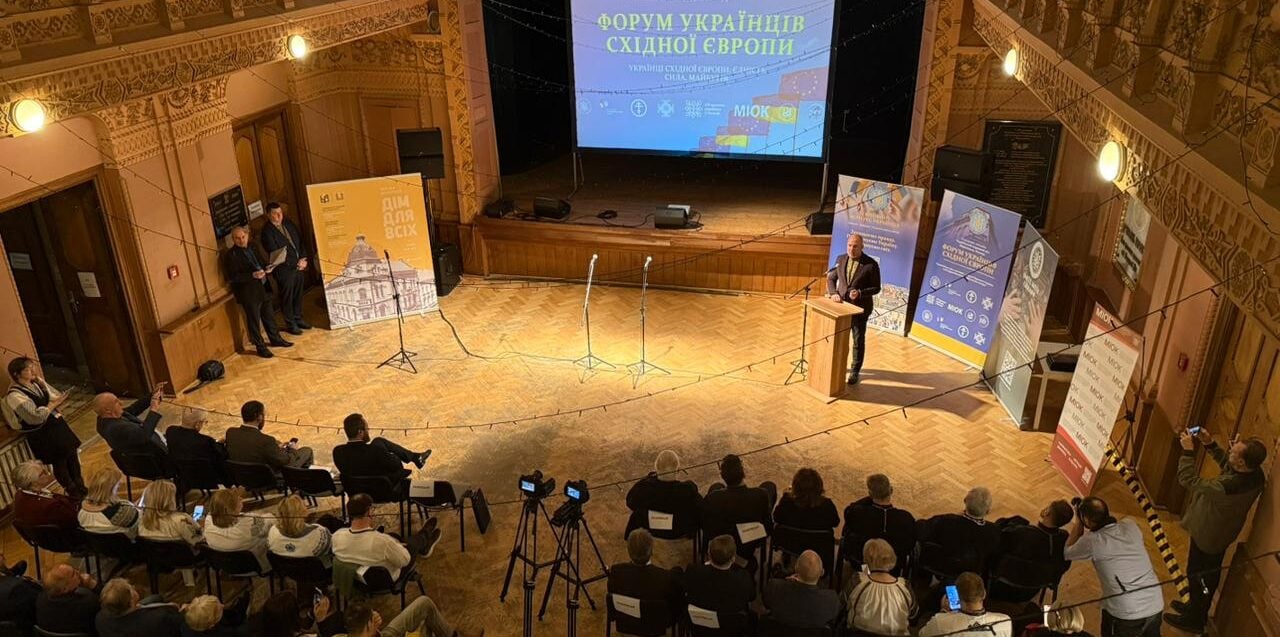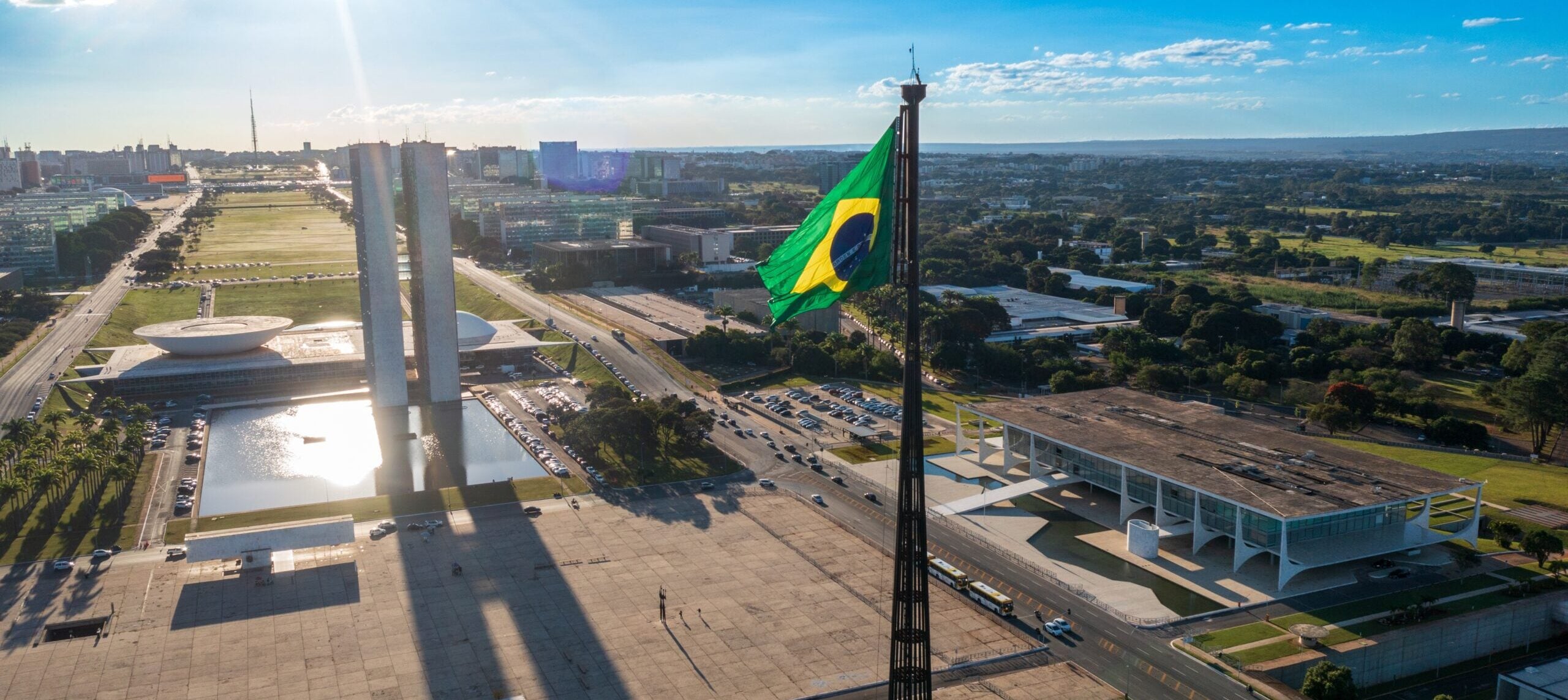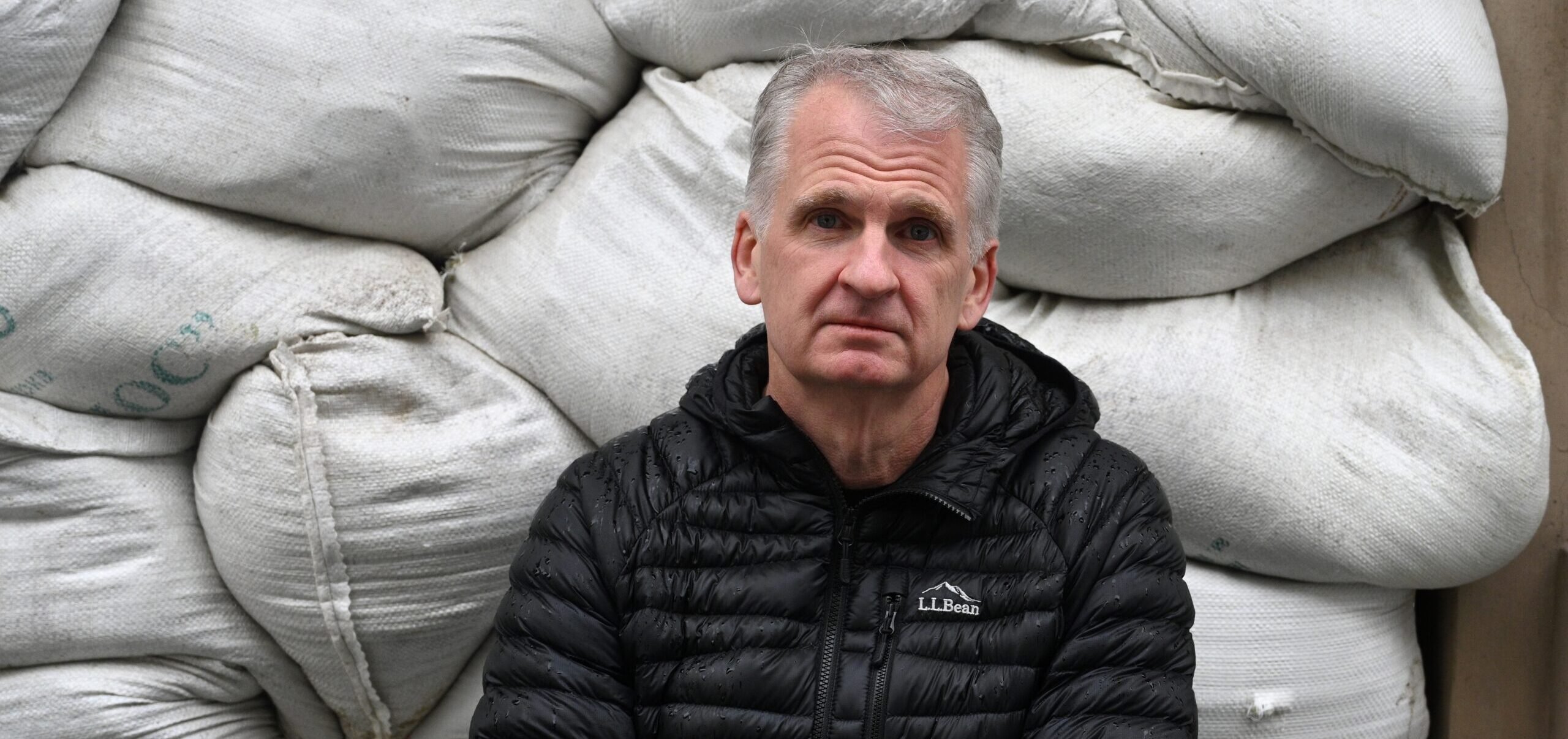
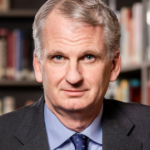
by Timothy Snyder, a distinguished American historian, an expert on Central and Eastern Europe, the Soviet Union, and the Holocaust, a Professor of History at Yale University
Source: Snyder on Substack
Two-and-a-half years ago, Russia began a full-scale invasion of Ukraine, setting off the largest war the world has seen since 1945.
Although Russia’s leaders have offered various spurious justifications for their illegal war of aggression, Vladimir Putin’s most consistent explanation has been ideological: Russia is an ancient state, and Ukraine is historically Russian land.
Let us take advantage of this half-anniversary to consider this claim.
Anniversaries take hold of the imagination, especially the round ones. The fullness of years and the beauty of numbers seduce us into myths of eternity and goodness. But history, unlike legend, is composed of fragments, of bits, of things we understand halfway, and seek to grasp ever better.
This is one reason why few historians grapple with the gilded myths that Putin has put forward about the ancient past, most notoriously in a long essay in 2021 and then in a tedious interview with Tucker Carlson in 2024.
When confronted with magical thinking by dictators, historians feel out of place, like a bridge player invited to judge prestidigitation, say, or a surgeon hired to care for wax figures.
Putin is in love with a legend. Historically speaking, this is very familiar: new regimes, such as Putin’s, seek compensation in myths of ancient origin.
Putin’s idea of Russia, his justification for the killing of hundreds of thousands of people, his rationalization of his attempt to destroy Ukraine as a people — it all rests on a very familiar sort of tall tale: we were here first. These stories are generally complete falsehoods, from the “we” through the “were” and the “here” and the “first.” And so it is for Putin.
But the stories get repeated so often that they take on a kind of leaden plausibility, like a bad habit. It takes a little work to throw them off. So here goes!
The legend begins with a single obscure incident, understood by Putin to prove the existence and endurance of a Russian state: Long ago there was a city called Novgorod, inhabited by people who were unable to get along. These quarrelsome folk, the Slavs, invited three Viking brothers, known as the Rus, to come and rule them. The arrival of Vikings began an unbroken tradition of a Russian “centralized state.”
As he says, Putin has the story from a medieval chronicle, “The Tale of Bygone Years,” probably from the early twelfth century. The monk (or monks) in Kyiv who compiled this text had heard about the arrival of the Vikings known as the Rus from Scandinavia, which had taken place about four hundred years earlier. In the intervening centuries, the various parts of the fractious Scandinavian clans had founded, taken over, and lost control of a number or towns in eastern Europe. The monk or monks knew were trying to explain why the Kyivan part of a Scandinavian ruling clan still known by the name Rus was more important than other clans in other places.
“The Tale of Bygone Years” is one of dozens of helpful medieval sources which touch on the Scandinavians in eastern Europe, which mix fable and useful information. These texts have to be read critically and together, and alongside the findings of archeologists and numismatists who have worked in the places in question. In what follows I will be doing this.
Cover: Timothy Snyder in Lviv, Ukraine. Shutterstock.

